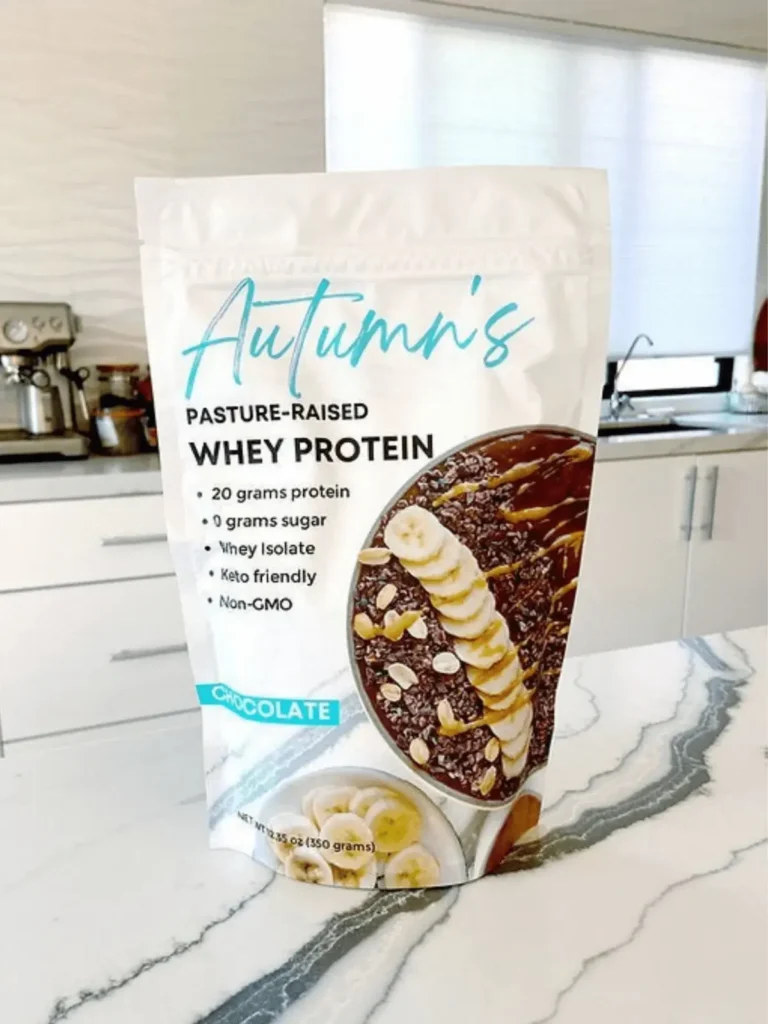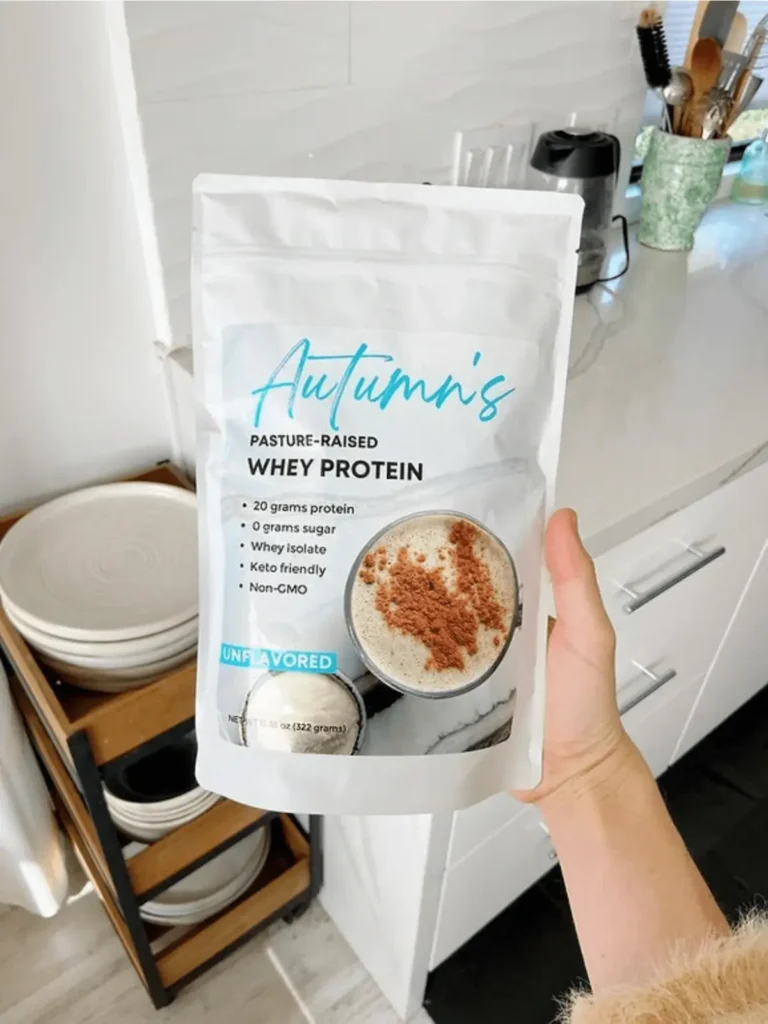Intermittent Fasting can slow your metabolism if you use it the wrong way. Here’s exactly what you need to know.
Does Intermittent Fasting Slow Metabolism?
Many people are aware of calorie restriction’s impact on metabolism. It’s been studied with the “Biggest Loser” participants and various clinical trials over the years. Simple calorie restriction can lead to a significant drop in metabolism, making it harder to maintain weight loss progress.(1,2). But is the same true for Intermittent Fasting?
It turns out, not so much.
Intermittent Fasting works differently than traditional calorie restriction. Intermittent Fasting works by allowing for natural reductions in the storing hormone insulin during the fasted state. This dip in insulin allows the body to turn on the fat burning process called lipolysis. The increase in lipolysis is likely why Intermittent Fasting has been found to primarily burn fat as fuel during the weight loss process.(3)
A lower insulin level has even been found to increase metabolic rate, making it even easier to achieve a weight loss goal.(4)
Curious how long YOUR fast should be for your goals? Take my free Intermittent Fasting Schedule Quiz!
On the flip side, traditional calorie restriction doesn’t usually advocate for eating less frequently. Instead, it usually recommends eating even more frequently to compensate for the increased hunger from eating below the body’s needs. This habit of eating every two hours can keep insulin steadily elevated throughout the day, which could suppress the metabolic rate.

If you combine typical calorie restriction with Intermittent Fasting, this could potentially lead to similar issues of a suppressed metabolic rate. That’s why when using Intermittent Fasting, it’s crucial to make sure you’re getting enough protein during the eating window to help prevent muscle loss and therefore keep the metabolic rate steady. Adding high quality sources of fat for energy needs allow you to be satisfied (by increasing the satiety hormone cholecystokinin) without significantly increasing the storing hormone insulin.
Focusing on meals that are rich in protein, fat and non-starchy veggies (or low sugar fruits) can help to amplify the lower insulin perks that Intermittent Fasting provides – like this protein, fat and fiber rich smoothie, featured below.
A protein, fat and fiber rich smoothie to break your fast with!

This is why the Complete Intermittent Fasting Bundle Program recipes focus on meals rich in protein, fat and fiber to support weight loss goals. In fact, thousands of men and women around the world have used the Intermittent Fasting techniques paired with the protein, fat and fiber rich meals in the Complete Intermittent Fasting Bundle to help them achieve their weight loss and wellness goals. You can check out their stories HERE.

Tap into fat burning
The 21 Day Intermittent Fasting Program
The 21 Day Intermittent Fasting Program provides step-by-step strategies to help you use Intermittent Fasting with delicious, protein-packed meals to support fat loss, reduce hunger, and boost gut health.
Studies
https://pubmed.ncbi.nlm.nih.gov/18198305/















